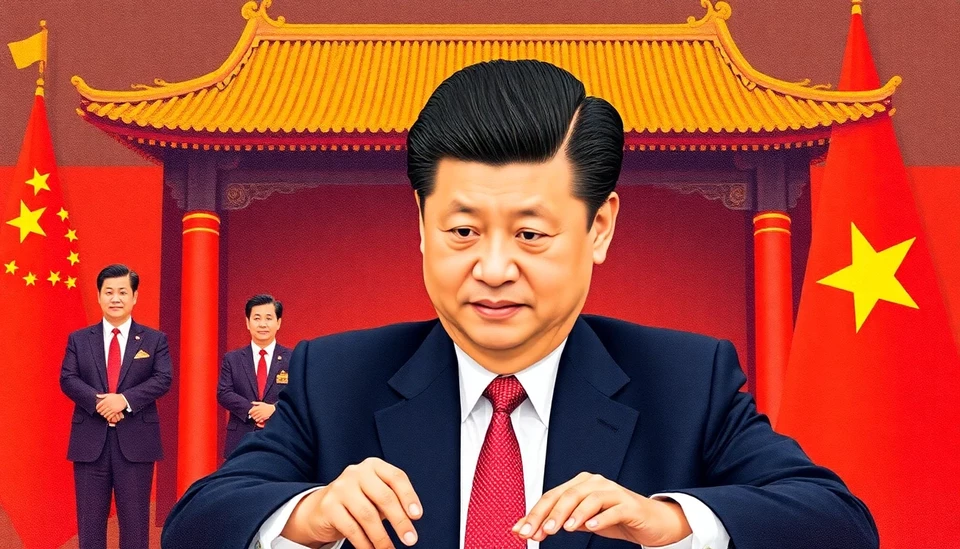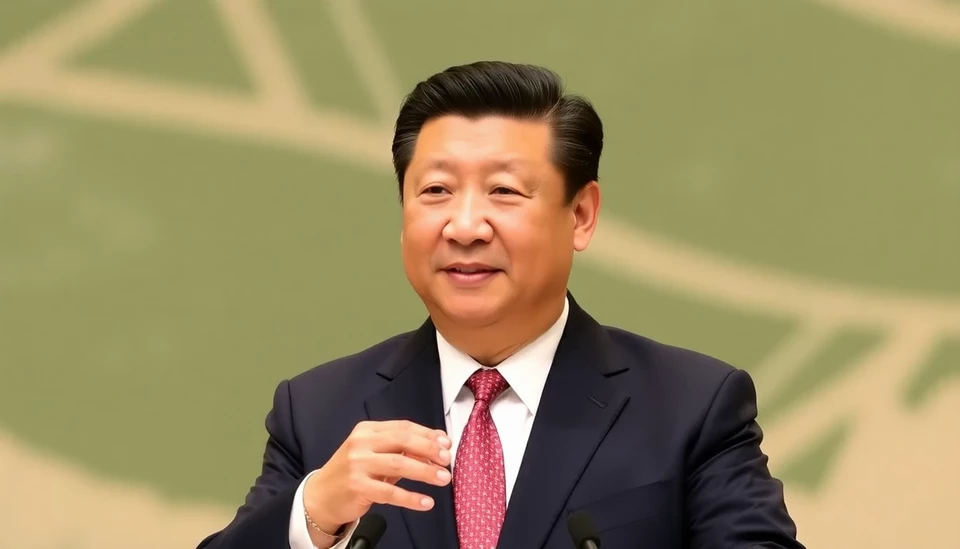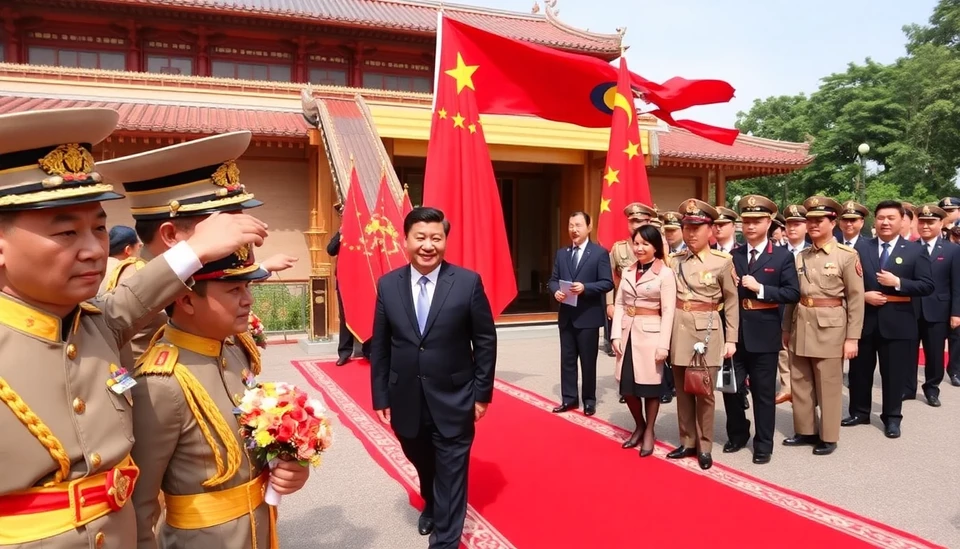
In recent months, Chinese President Xi Jinping has signaled a notable shift in his approach to the private sector, reflecting a more conciliatory standpoint aimed at bolstering economic growth. However, beneath this seemingly progressive surface lies a nuanced strategy to maintain the Communist Party’s strict control over the economy and its key players. This balancing act raises questions about the longevity and sincerity of this newfound embrace of the private sector.
For nearly two years, Xi’s leadership was marked by an aggressive regulatory environment, particularly targeting tech giants. Policies aimed at curbing corporate influence were interpreted as a crackdown on the very foundations of entrepreneurship that have helped propel China into its current economic status. However, as growth concerns emerged amid global economic uncertainty, Xi’s administration began to pivot towards a more favorable stance to alleviate fears of stagnation.
Recent outings by Xi and other senior officials have been laden with messages of support for the private sector. Public appearances and communications emphasize a commitment to creating a stable and predictable environment for businesses, particularly those in technology and other critical sectors. Such gestures have been welcomed by entrepreneurs who had previously felt the brunt of policies aimed at imposing restrictions on private enterprises.
Despite this apparent shift, experts assert that the government’s fundamental stance remains unchanged. The Communist Party continues to assert its dominance by maintaining strict oversight over both private enterprises and their leaders. The emphasis on aligning business interests with national goals remains prevalent, indicating that while private companies may enjoy more leniency, they must still operate within a framework tightly controlled by the state.
Moreover, Xi’s administration continues to prioritize national security and political loyalty over purely economic considerations. As the government reopens its doors to private enterprise, it simultaneously reinforces the idea that economic success should never occur at the expense of the Party’s ideological supremacy. This dual approach underscores an unyielding truth: the state's overarching political objectives will not take a backseat to economic interests.
The private sector, while currently embraced, remains at the mercy of government decree. Should a particular business or industry stray too far from the Party’s interests, swift and decisive action can be expected. Observers highlight that this precarious balance could create an environment of uncertainty that undermines the stability that Xi professes to endorse. Business executives in China remain wary, cognizant that any favorable shifts could easily recede if they conflict with the Party’s overarching goals.
In summary, Xi Jinping’s outreach to the private sector is a calculated maneuver as the Chinese economy grapples with numerous challenges. The focus on collaboration aims to revive growth while ensuring that the Communist Party’s ideological control prevails. This balancing strategy speaks volumes about the complex relationship between the state and its private enterprises, suggesting that any embrace of the private sector could be swiftly followed by measures to reign them back in when necessary.
As the world watches closely, the future of China’s economy, and indeed the global financial landscape, remains uncertain amidst this dynamic interplay between power and progress.
#XiJinping #PrivateSector #China #Economy #Growth #Communist #XiJinping #PrivateSector #China #Economy #Growth #Communist
Author: Laura Mitchell




